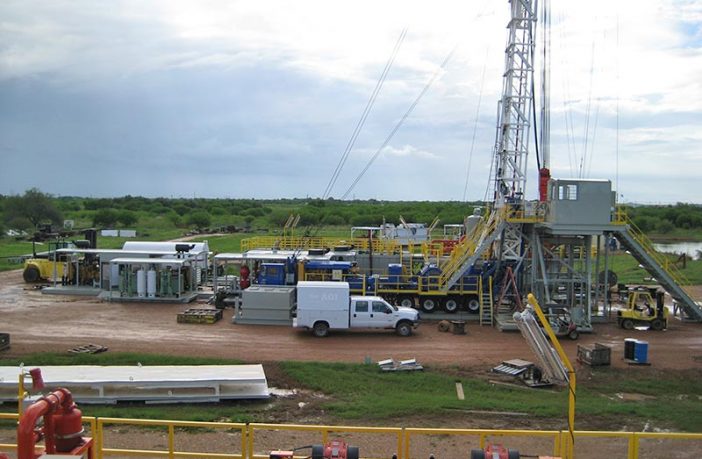- Canada’s ReconAfrica is fighting for survival as auditors resign, a cash crunch looms and a New York court battle with disgruntled investors comes to a head because they have not found the oil that they were looking for in Namibia.
- ReconAfrica is a Canadian-based oil and gas company working collaboratively with national governments to explore oil and gas potential in Northeast Namibia and Northwest Botswana – the highly eco-sensitive, Kavango Basin.
- One of the main issues raised by investors in the class action suit: they argue that ReconAfrica should have disclosed that Namibia had never and potentially would never allow fracking in the country.
Descending upon Namibia’s environmentally sensitive Kavango East region in 2015 was the easy part for junior Canadian oil and gas company ReconAfrica. After all, the company was valued at R141 million in 2015. But after it acquired a Namibian oil and gas licence, ReconAfrica’s value rose to R25 billion in 2021 when it began its exploration activities, official government documents show.
ReconAfrica owns 90% of the Namibia oil-exploration project, while state-owned National Petroleum Corporation of Namibia (Namcor) owns 10%.
The licence area overlaps with the Kavango-Zambezi Transfrontier Conservation Area and sits upstream from the Okavango Delta – a unique and ecologically sensitive water course.
Controversially, initial company statements suggested a key part of ReconAfrica’s proposal included the search for “unconventional resources” which generally includes shale and other rock formations that require hydraulic fracturing (“fracking”) to extract oil and gas deposits.
Fracking injects fluids at high-pressure into a well to crack open deep underground rock formations, allowing previously trapped oil and gas to flow up to the surface.
As a result, fracking is associated with significant environmental and health concerns, including water contamination.
ReconAfrica’s share tumbled last year after National Geographic and short-sellers Viceroy Research separately published detailed articles questioning the lack of public consultation and whether ReconAfrica was overselling the viability of the project.
Documents obtained by amaBhungane suggest that ReconAfrica has already spent an astonishing R445 million, raised from investors, to drill three test wells.
ReconAfrica also told amaBhungane that the company spent another R133 million on donations, which have been dubbed a “PR contribution” by critics.
Yet despite such lavish spending, the results have been disappointing: the three wells drilled at vast expense have not turned up evidence of a commercially viable oil or gas field. With mounting debts and C$77 million (Canadian dollars, R986 million) left in cash from investors, ReconAfrica management must instead prove to investors, the government and environmentalists that it is not selling a dirty dummy.
The allegation at the core of the New York class action suit is that investors were knowingly misled about the company’s Namibian prospects to boost the price. To make matters worse, ReconAfrica has been accused of paying for articles, and YouTube endorsements to drive up the price of its shares.
ReconAfrica management has denied any wrongdoing: “ReconAfrica will continue to remain compliant and apply business best practices in all areas of operation,” ReconAfrica spokesperson Ndapewoshali Shapwanale told amaBhungane in November.
She added that “ReconAfrica has not applied for, does not have the intention to, nor been granted or given, permits to allow fracking.”
Class action
ReconAfrica’s latest credibility challenge flows from three class action lawsuits filed by shareholders in Brooklyn, New York. One was withdrawn but the two remaining cases were consolidated into one in April 2022.
The investors allege ReconAfrica issued misleading statements that convinced them to buy shares between February 2019 and September 2021 – shares that have since tanked in value.
This is a small extract from a very in depth and well researched article written by Timo Shihepo and Sam Sole from the amaBhungane Centre for Investigative Journalism.
Read more on this exclusive story from the amaBhungane Centre for Investigative Journalism HERE


















1 Comment
Good commentary, I hope it’s based on fact …